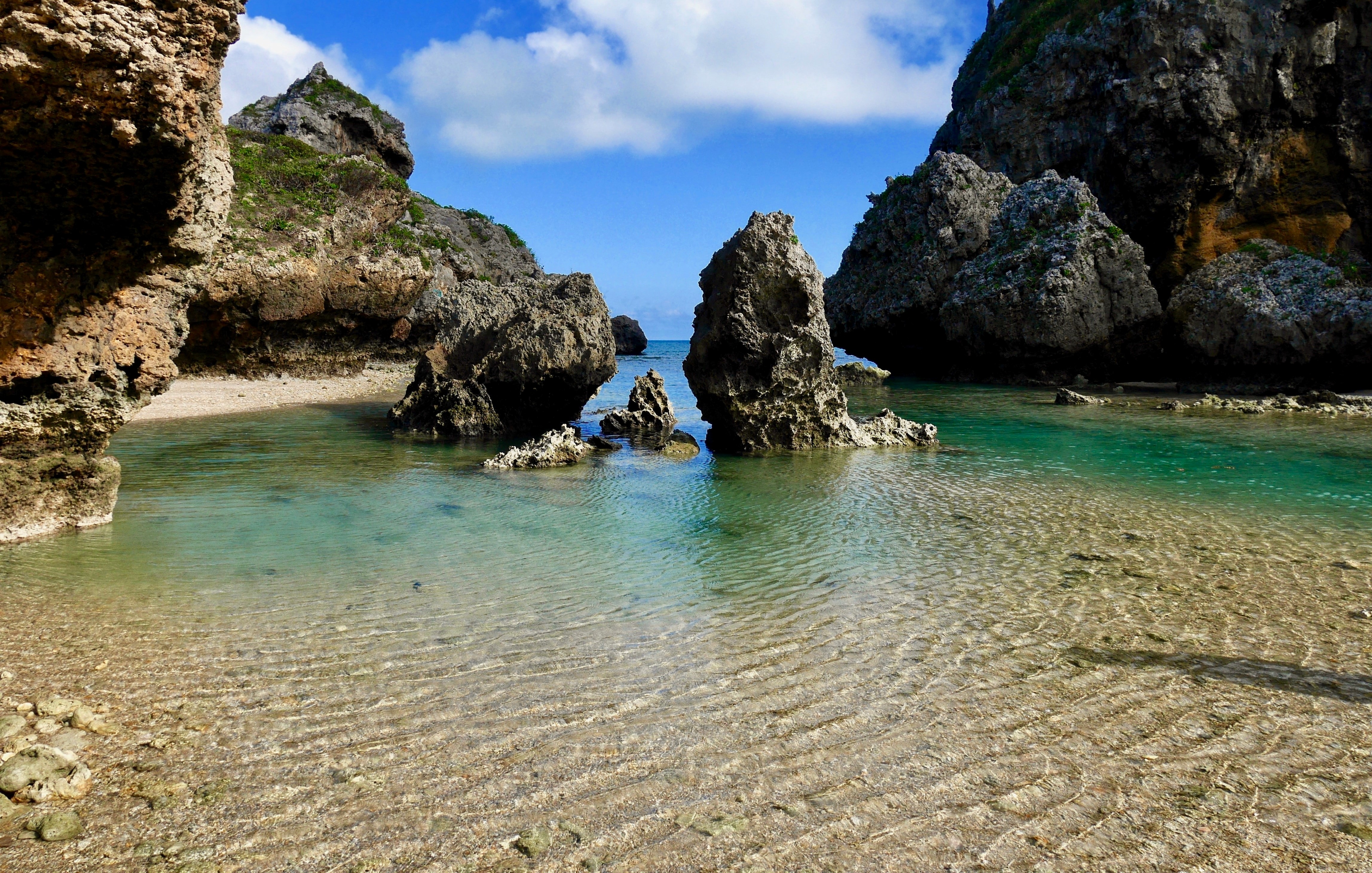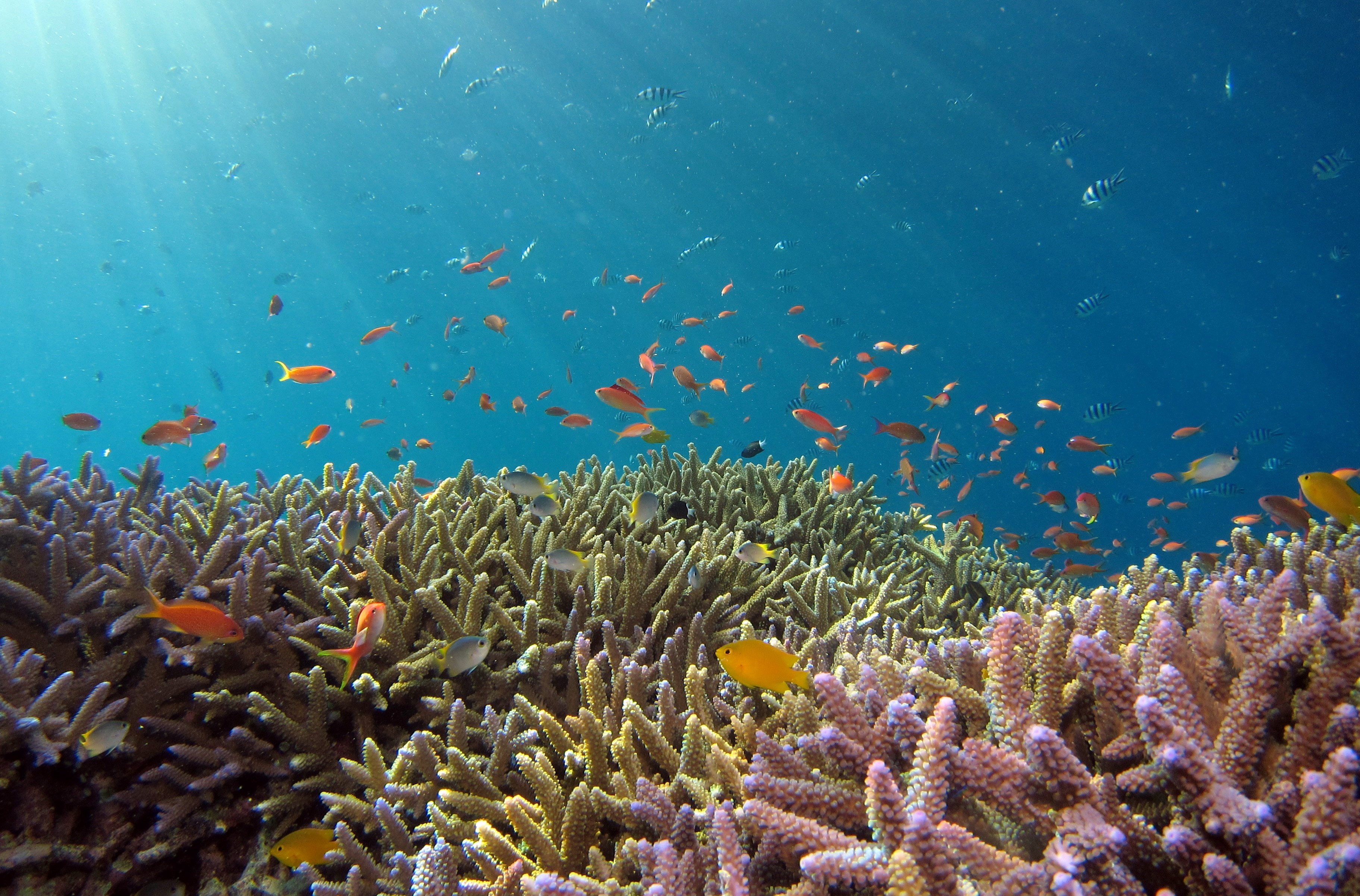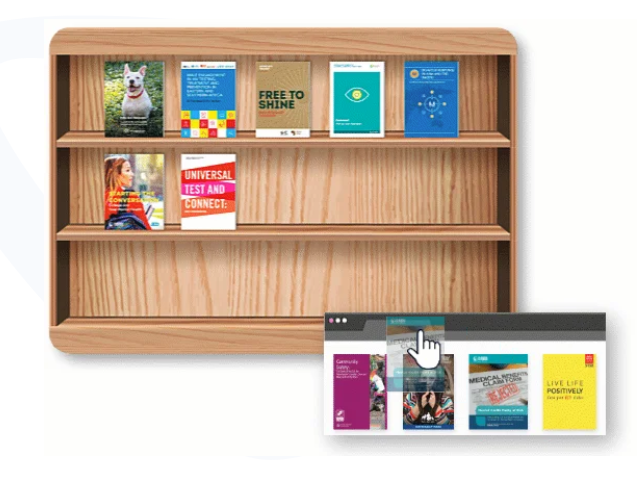3 Easy Tips for Protecting Our Ocean
Why is it essential to protect our ocean?
The world’s oceans, once thought to be inexhaustible, are now so limited that the marine life that lives in them may disappear. About 80% of the ocean’s large predatory fish have been captured, and coral reefs are rapidly disappearing. The oceans will not recover quickly. Overfishing, pirate fishing, and destructive and unsustainable fishing practices are among the main causes of ocean degradation and declining fish stocks. Large fishing vessels use sophisticated equipment to locate fish and suck them out of the water. These industrial fishing fleets target one species at a time, deplete it, and then move on to another, threatening the future ability of the oceans to support life on Earth.

The 3 easy tips for protecting our ocean
- Choose Sustainable Seafood
Sustainable fish, shellfish, and crustaceans whose production can be conserved or increased in the future without harming the ecosystems in which they are caught. Sustainable marine products are becoming increasingly popular as overfishing and environmentally harmless fishing practices become more and more problematic. Aquaculture can have negative environmental impacts such as the destruction of natural wetlands and marine pollution. - Use Fewer Plastic Products
The global invasion of plastic is a reality. We should not forget that there are now 1.6 million kilometers of plastic waste islands in the Pacific Ocean. Here is what we can do to reduce the number of microplastic in ocean;- Avoid using disposable plastic products such as straws.
- Buy more bulk food and less packaged products.
- Be aware and put your plastic waste in the correct bin.
- Influence Your Community
Convince your family, friends, and colleagues to be aware of reducing the use of plastic consumption by leading by example, the impact of your actions on the planet will increase exponentially.

To learn more…
Read from the below books to educate yourself about oceans and marine Life. The more you learn about this vital system, the more you can share this knowledge to inform and inspire others.

Comments (0)